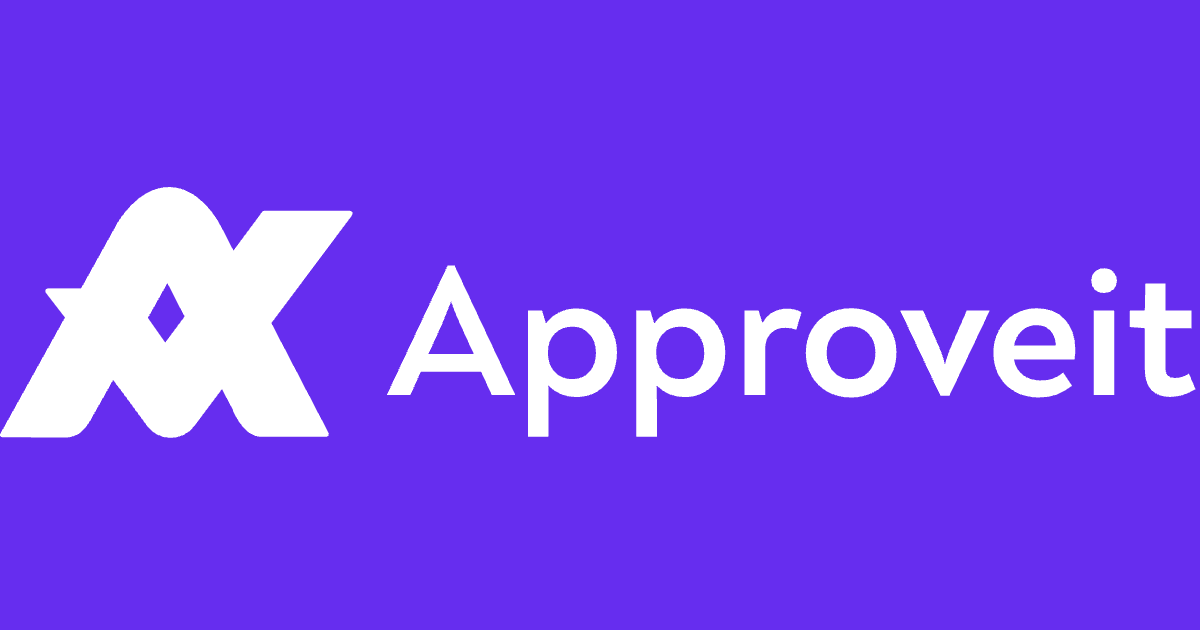
In today’s fast-paced business environment, the integration of technology in human resources has become paramount. hr automation https://approveit.today/hr-automation HR automation is not just a trend; it’s a necessity for organizations striving for efficiency and effectiveness. This article will delve into the world of HR automation, exploring its benefits, challenges, and future prospects.
The Landscape of HR Automation
HR automation refers to the use of software and technology to streamline and automate various human resources tasks and processes. This can range from recruitment and onboarding to payroll management and performance reviews. In recent years, the demand for HR automation solutions has surged, as businesses seek to improve efficiency, reduce errors, and free up HR personnel for more strategic roles.
Historically, HR departments have been bogged down with repetitive tasks that consume time and resources. Traditional methods often involve manual data entry, filing paperwork, and dealing with cumbersome administrative tasks. This not only affects operational efficiency but also limits the capacity of HR professionals to engage with employees and contribute to organizational success.
Benefits of HR Automation
1. **Increased Efficiency**: One of the most significant advantages of HR automation is the drastic increase in efficiency. By automating repetitive tasks such as data entry and tracking employee attendance, HR departments can reduce the time and effort spent on administrative duties. This allows HR professionals to focus on more strategic initiatives that drive organizational growth.
2. **Improved Accuracy**: Human error is an inevitable part of manual processes. However, automation minimizes the likelihood of mistakes that can arise from data entry and manual calculations, thereby enhancing the accuracy of HR information. This leads to better decision-making and compliance with regulations.
3. **Cost Reduction**: Implementing HR automation can lead to substantial cost savings in the long run. Though there may be initial investments in technology, the reduction in administrative costs and the reallocation of HR staff to more critical roles can result in significant savings for the organization.
4. **Enhanced Employee Experience**: Automation can also improve the employee experience by providing easy access to information and resources. For instance, self-service portals allow employees to manage their own data, submit requests, and track their benefits without needing to go through HR personnel.
5. **Data-Driven Insights**: Many HR automation tools come equipped with analytics capabilities. This allows organizations to collect and analyze data on workforce trends, employee performance, and recruitment effectiveness. Access to such insights enables HR departments to make informed decisions that align with business objectives.
Common HR Automation Processes
HR automation can be applied to various areas within the HR function. Some of the most common processes that benefit from automation include:
– **Recruitment and Applicant Tracking**: Automating the recruitment process can streamline job postings, applicant tracking, and interview scheduling. Applicant Tracking Systems (ATS) can help filter candidates based on predefined criteria, allowing recruiters to focus on the most qualified individuals.
– **Onboarding**: A seamless onboarding process is essential for employee retention. HR automation can simplify the onboarding process by providing new hires with the necessary documentation and resources, as well as automating training schedules and follow-ups.
– **Performance Management**: Automating performance reviews and feedback processes can lead to a more objective and consistent evaluation of employee performance. HR automation tools can facilitate real-time feedback, set clear performance indicators, and provide documentation for reviews.

– **Payroll Processing**: Payroll can be one of the most complex tasks for HR departments. Automating payroll processing reduces the risk of errors and ensures compliance with tax regulations. It also allows for easier management of employee benefits and deductions.
– **Time and Attendance Tracking**: Using automated systems to track employee time and attendance can help HR departments monitor productivity and manage workplace compliance. This data can also be essential for payroll processing and performance evaluations.
Challenges of HR Automation
While the benefits of HR automation are clear, organizations may face several challenges when implementing these solutions:
1. **Resistance to Change**: Employee resistance to adopting new systems and processes can hinder the success of HR automation initiatives. It is essential for organizations to communicate the advantages of automation and provide adequate training to ease this transition.
2. **Initial Investment**: The upfront cost of implementing HR automation solutions can be a barrier for some organizations. However, it is crucial to consider the long-term savings and efficiency gains when evaluating the return on investment.
3. **Integration with Existing Systems**: Many organizations utilize multiple systems for their HR functions. Ensuring that new automation tools integrate seamlessly with existing software can pose a challenge and require careful planning and execution.
4. **Data Security and Privacy**: Storing sensitive employee data on automated systems raises concerns about data security and privacy. Organizations must ensure that their systems comply with relevant data protection regulations and implement necessary security measures.
The Future of HR Automation
As technology continues to evolve, the future of HR automation looks promising. Here are some trends to watch for in the coming years:
– **Artificial Intelligence (AI)**: AI is poised to play a significant role in HR automation. From AI-driven recruitment tools that analyze resumes to chatbots that assist with employee inquiries, AI technologies can enhance the efficiency of HR processes further.
– **Remote Workforce Management**: With remote work becoming more common, HR automation tools will need to adapt to help manage dispersed teams effectively. This includes automating communication, performance tracking, and engagement initiatives.
– **Personalization**: Future HR automation solutions will likely focus more on personalization, offering tailored employee experiences based on individual preferences and needs.
– **Employee Well-being**: As organizations increasingly prioritize employee well-being, HR automation tools will be developed to monitor and promote wellness initiatives, helping to create a healthier and more engaged workforce.
Conclusion
HR automation is revolutionizing the way organizations manage their human resources. By streamlining processes, enhancing efficiency, and providing valuable insights, HR automation enables organizations to focus on what truly matters—their people. As we move into a future where technology continues to shape the workplace, embracing HR automation will be vital for organizations that want to remain competitive and deliver high-quality employee experiences. For more information on how to implement HR automation in your organization, visit https://approveit.today/hr-automation.
